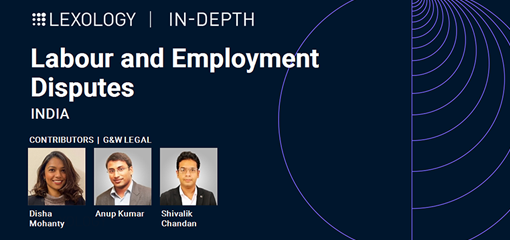
Srijoy Das provides some useful advice for franchisors looking to develop in this dense, emerging market.
With a population nearing 1.4 billion and a rapidly growing middle class of 500 to 600 million, with rising incomes, India offers tremendous potential for international franchisors to expand their systems and concepts.
Consumers are attracted to strong international brands in a variety of sectors, with food and beverage, retail, wellness and healthcare, online education, and coaching leading the way.
To succeed in the Indian market, it is critical for companies to understand the key commercial, regulatory, and legal challenges that they are likely to face while commencing or conducting business in India. Here are five crucial issues, including challenges being faced due to the ongoing pandemic.
1. Selecting business partners
Too often, foreign brands are caught out because potential Indian partners offer to pay whatever it takes to become their master franchisee in India. With the allure of these brands, coupled with cash-rich Indian businesses, it’s often the case that Indian companies with no background or expertise in the specific sector attempt to obtain the rights to a brand without the ability to enhance its systems in India.
Paying the franchise fees isn’t a problem – they are happy to do that to gain access and control of the brand. The problem arises when it’s time to expand and develop the market. In addition, there are thousands of small, closely-held, family-run businesses in India which don’t necessarily have the resources to do justice to an ambitious brand.
It thus becomes critical for a brand owner to conduct a financial, business, and legal diligence exercise, including a background check on the promoters, shareholders, and directors, to ensure the shortlisted party is capable of enhancing their brand.















